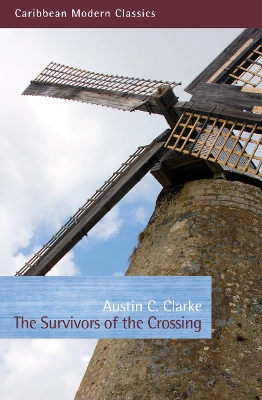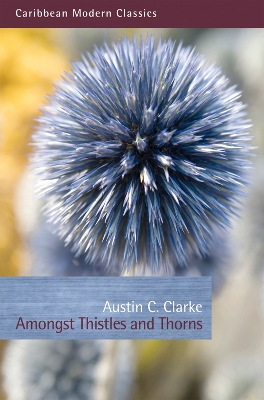Caribbean Modern Classics
2 total works
It is 1961 and a 'Labour' party rules the self-governing colony of Barbados, but the sugar estate workers wonder whether slavery has ever really ended. Austin C. Clarke's first novel rages against the 'White' alliance of the land-owning class and the church, and their Black supporters. Protagonist Rufus stands up, determined that this is not how things should be.
First published in 1964, this is a young man's book whose acerbic comedy of status, play-acting and double-dealing in the village remains a powerful debut in a distinguished literary career.
Austin C. Clarke was born in Barbados in 1934 in a poor single parent family with an absent father. He left for Canada in 1955, settling in Toronto. His first two novels are set in Barbados, but thereafter much of his fiction has focused on the lives of West Indians in Canada, as a result of which he has been hailed as the country's first multicultural writer. One exception is his recent novel, The Polished Hoe (2002), which won the Commonwealth Writers Prize and is set in 1930s Barbados. He is the author of eleven novels, six short-story collections and several works of memoir. In 1998, he was made a Member of the Order of Canada.
Set in Barbados in the 1940s, this is a novel of Caribbean childhood with several key features, in addition to the fresh vigour of the young Austin Clarke's style. It is one of the most angry books on the attempted destruction of innocence and hope by the colonial education system in which savage beatings play a distressing part. It is one of the first novels of childhood to focus on the role of emigration on parental absence. Milton Sobers' father is in the USA and his stories of Harlem make Milton want to leave Barbados and join him. Milton's response is to run away in the hope that he can escape his stepfather and even reach Harlem.
Austin C. Clarke is hailed as a pioneer of Caribbean-Canadian literature and is one of Canada's most prolific, if not well known, writers.

